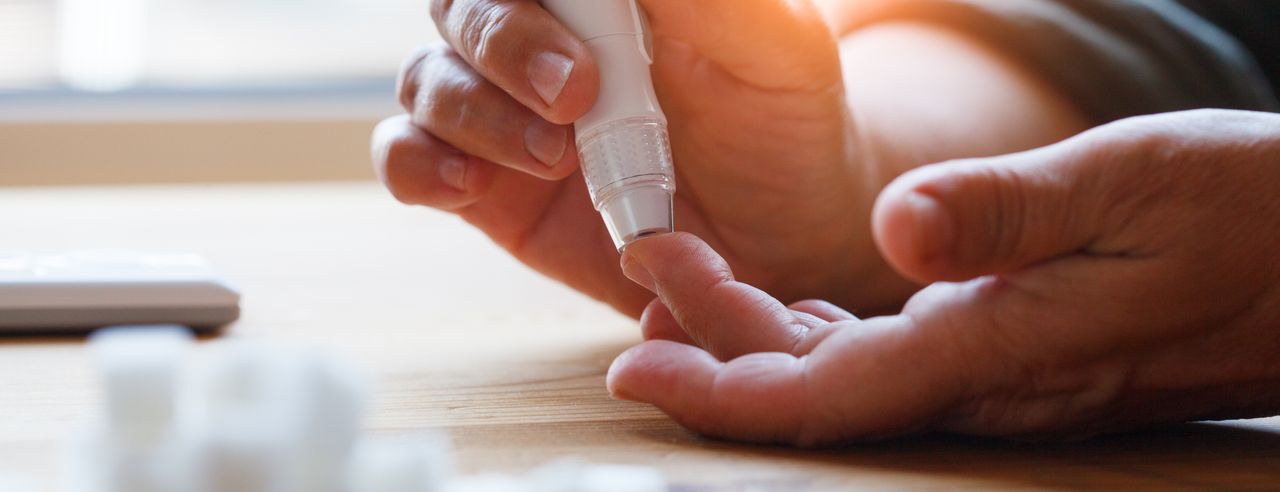
Study on Ayurvedic medicine BGR-34 for diabetes
Gaurav et al.
November 2020
Ayurveda medicine / treatment
Diabetes
This study focuses on BGR-34, a polyherbal formulation used to treat diabetes, particularly in Asian countries. However, since there is a lack of phytopharmacological studies on BGR-34, the compounds responsible for its antidiabetic and free radical scavenging activity were investigated.
The study investigated the in vitro inhibition of α-amylase and α-glucosidase enzymes by BGR-34 and its DPPH scavenging potential. High performance thin layer chromatography (HPTLC) and quantitative analysis were used to identify and quantify berberine and palmatine in BGR-34. In addition, TLC bioautography-mass spectrometry (MS) analysis was performed to identify the compounds responsible for the antidiabetic and antioxidant activities.
The results showed a significant and dose-dependent inhibition of the enzymatic reactions of α-amylase and α-glucosidase by BGR-34, along with a significant inhibition of the free radical scavenging activity of DPPH. HPTLC profiling confirmed the presence of berberine and palmatine in BGR-34, and TLC-MS bioautography revealed the presence of several bioactive compounds responsible for the antidiabetic and antioxidant activity.
Overall, the study suggests that BGR-34 contains various bioactive compounds responsible for its antidiabetic and antioxidant properties.
The most important information on the study at a glance
- Indications
- Diabetes
- Institution
- Bioactive Natural Product Laboratory, School of Pharmaceutical Education and Research, Jamia Hamdard, New Delhi 110062, India
- Title
- Study on Ayurvedic medicine BGR-34 for diabetes
- Brief description
- The study shows that BGR-34 has significant antidiabetic and antioxidant effects and is suitable for the treatment of diabetes.
- Original title
- TLC-MS Bioautography-Based Identification of Free-Radical Scavenging, α-Amylase, and α-Glucosidase Inhibitor Compounds of Antidiabetic Tablet BGR-34
- Link to the study
- https://pubmed.ncbi.nlm.nih.gov/33251404/
Suitable trips for this study topic
You might also be interested in
Ayurveda medicine / treatment
Diabetes
Allison Gordon et al.
August 2019
Study shows that Ayurveda can offer better results as a complementary therapy for type 2 diabetes.
Ayurveda medicine / treatment
Rheumatism / Joints / Arthritis / Arthrosis
Arvind Chopra et al.
January 2013
The study shows that the Ayurvedic medication SGCG significantly relieves pain in knee osteoarthritis and improves knee function.
Ayurveda medicine / treatment
Naturopathy
Unnikrishnan Payyappallimana et al.
December 2020
Study shows the effectiveness of Ayurveda in treating epidemics and new conditions through holistic, natural approaches.